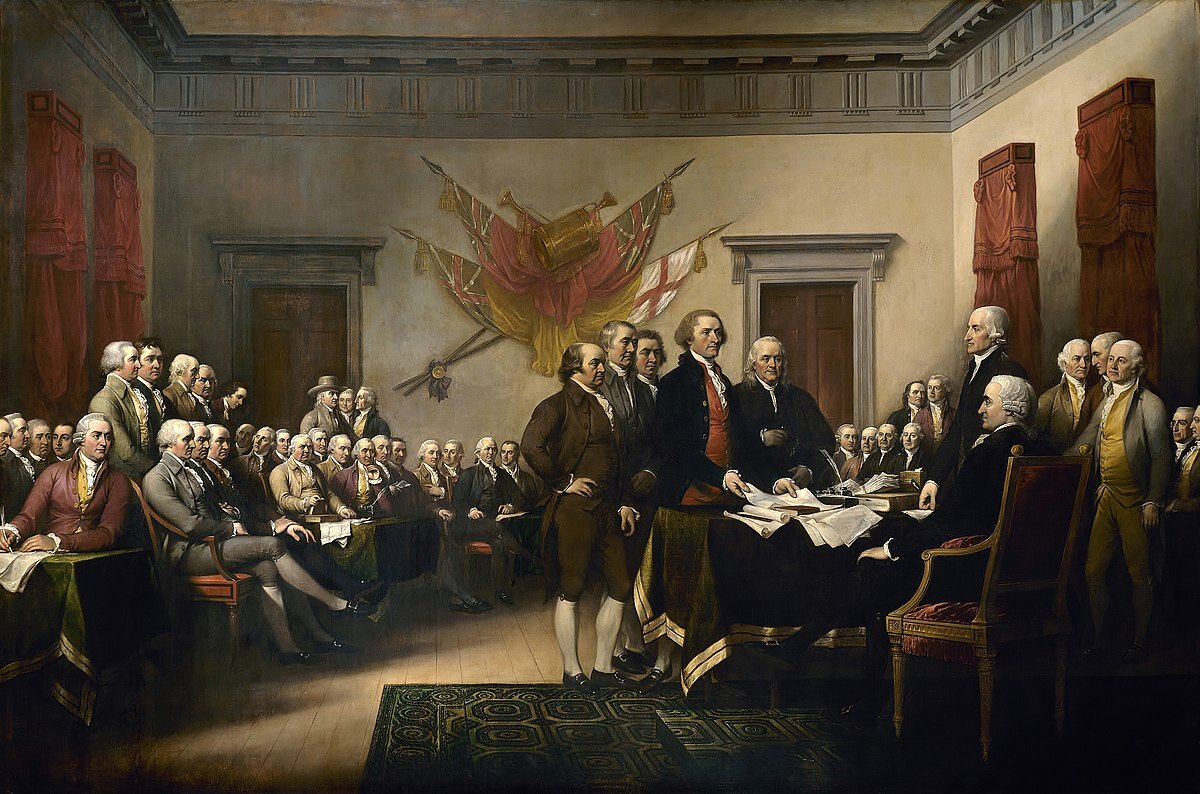Juan R. I. Cole is Richard P. Mitchell Collegiate Professor of History at the University of Michigan. For three and a half decades, he has sought to put the relationship of the West and the Muslim world in historical context. His most recent book is Muhammad: Prophet of Peace Amid the Clash of Empires. He is also the author of The New Arabs: How the Millennial Generation is Changing the Middle East (2014); Engaging the Muslim World (2009); Napoleon’s Egypt: Invading the Middle East (2007); and many other books. He has translated works of Lebanese-American author Kahlil Gibran and has appeared on PBS’s Lehrer News Hour, ABC World News Tonight, Nightline, The Today Show, Charlie Rose, Anderson Cooper 360, The Rachel Maddow Show, All In With Chris Hayes, The Colbert Report, Democracy Now!, and many others. He has given many radio and press interviews. He has written widely about Egypt, Iran, Iraq, and South Asia. He has written about the upheavals in the Arab World since 2011, including about Sunni extremist groups and Shiite politics. Cole commands Arabic, Persian, and Urdu and reads Turkish, and knows both Middle Eastern and South Asian Islam. He lived in various parts of the Muslim world for more than a decade, and continues to travel widely there.










